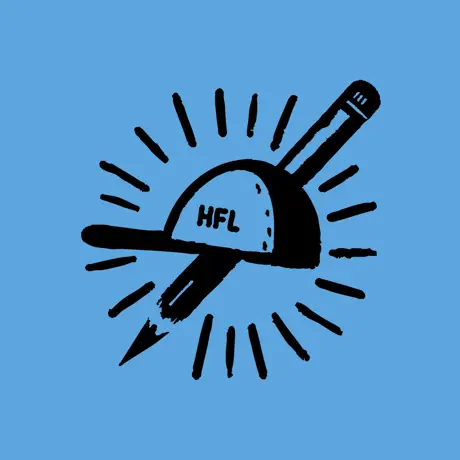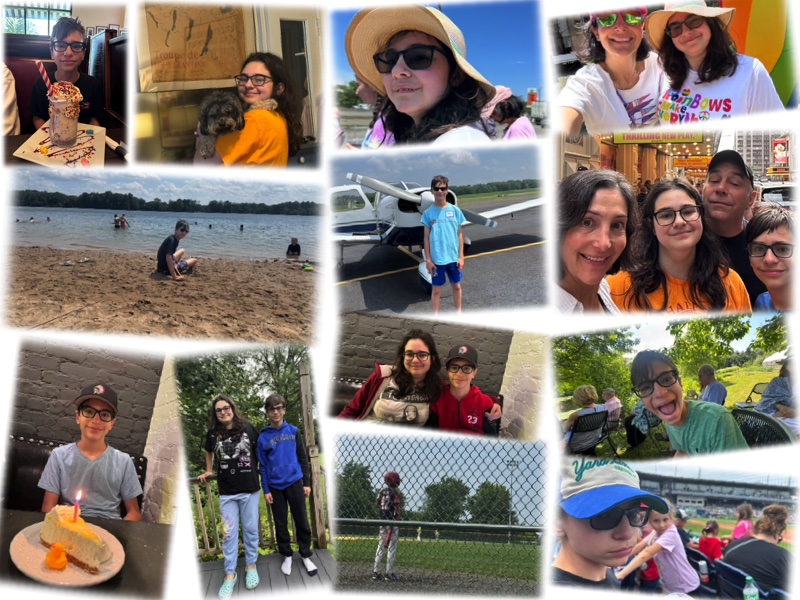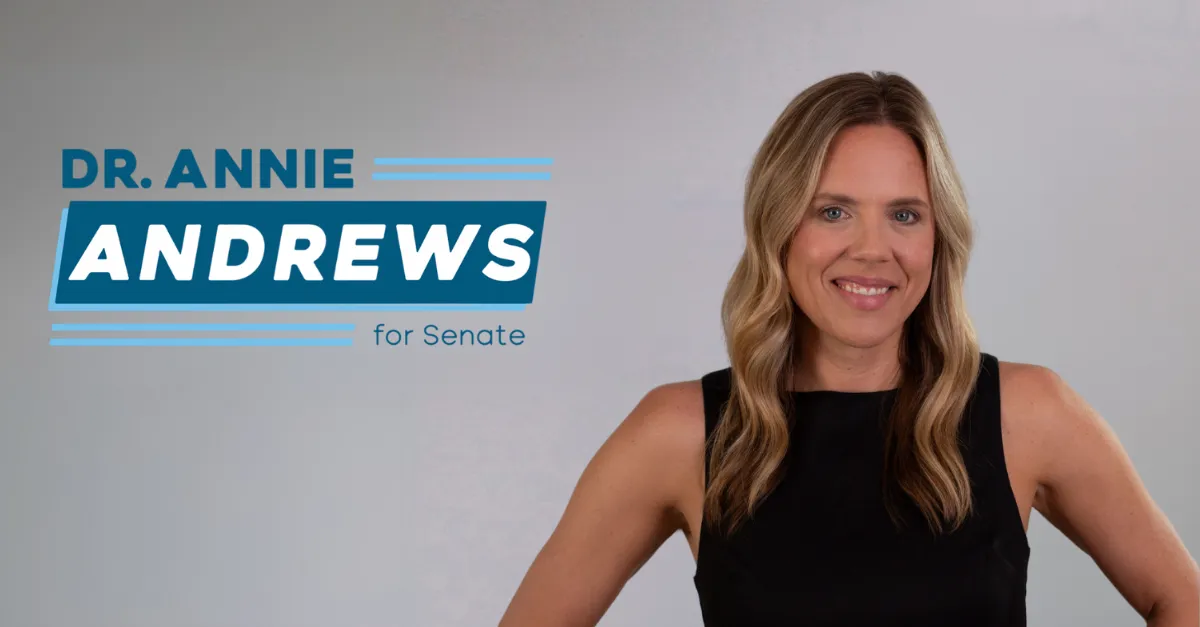I was listening to Ira Glass of This American Life discussing the concept of a Plan B for an episode of the same name. He said that in a room of one hundred people, he asked the audience to raise their hand if they were still on the path to their Plan A: the one thing that wanted to do with their life originally. Plan A could relate to a job, a lifestyle or their family. It is whatever they envisioned their lives to be as a child, a teenager, or perhaps just coming out of college. Glass wanted to know how many people had achieved their Plan A or were still on the path towards it.
Just one person raised her hand. She was a twenty-three year old female college student. Many reported to already be on Plan D or E.
Glass then went on to say that he thought that most people in the world were already on Plan B, and that this was perfectly normal.
I find this tragic. I assume it’s the reason that so many people suffer from dissatisfaction at their jobs.
It makes me feel quite fortunate.
As a child, I wanted to be a teacher. I can remember being eight years old, standing before a Fisher Price blackboard, teaching my younger brothers and sisters everything I knew about geography and math. I can remember writing to Santa, asking for a globe, an atlas, and some chalk to help teach my class, and I can remember unwrapping them Christmas morning. Part of it was a desire to never grow up, and the rest came from my love for working with children and the autonomy that a teacher possesses. After a longer, more difficult journey than most, I am a teacher today, finishing my eleventh year in the classroom in June.
But in high school, I also decided that I wanted to be a writer. While I wasn’t sure if I wanted to be a journalist, a poet, or a novelist, I knew that I wanted to write. In fact, I often stated my dream as wanting to “write for a living and teach for pleasure.”
This year, with the sale of my second novel and the near completion of my third, this dream has become a reality. While I am not ready or able to return the paycheck that I receive for teaching, the economics have become such that I can now earn more from writing than I do from teaching.
My childhood dream, to become a teacher, and my teenage dream, to become a writer, have come true. Plan A has been achieved. Though I was 24 years old when I finally entered college, 28 years old when I began my teaching career, and 36 years old when I sold my first novel, I made it.
I have still other dreams to fulfill, other parts of my Plan A that I continue to pursue, but most important, I remain on the original path, working toward the goal. And I have always been on this path, even when I was managing restaurants and working for market companies. Each of these jobs were viewed as stepping stones toward my ultimate goal.
I’d hate to think that someone like Ira Glass (who I like very much) might be assuring people everywhere that Plan B is perfectly acceptable.
A new and improved Plan A is perfectly understandable. I have friends who shifted gears in life not out of necessity but because of a change in desire. A person who thought he wanted to work with computers becomes a teacher in midlife after discovering a talent he did not know he possessed. A friend who never wanted children decides to have three kids after marrying the right person. A divorcee swears off marriage for the rest of his life until the perfect girl comes along and changes his mind.
These are not examples of people shifting to Plan B or Plan C when all hope is lost.
These are examples of newly-minted Plan A’s.
But to give up entirely on Plan A when it is still a burning desire strikes me as tragic and foolish. Sometimes Plan A simply requires more time, effort and suffering in order to achieve.
Sometimes Plan A is impossible to achieve but still worth the lifelong pursuit.









